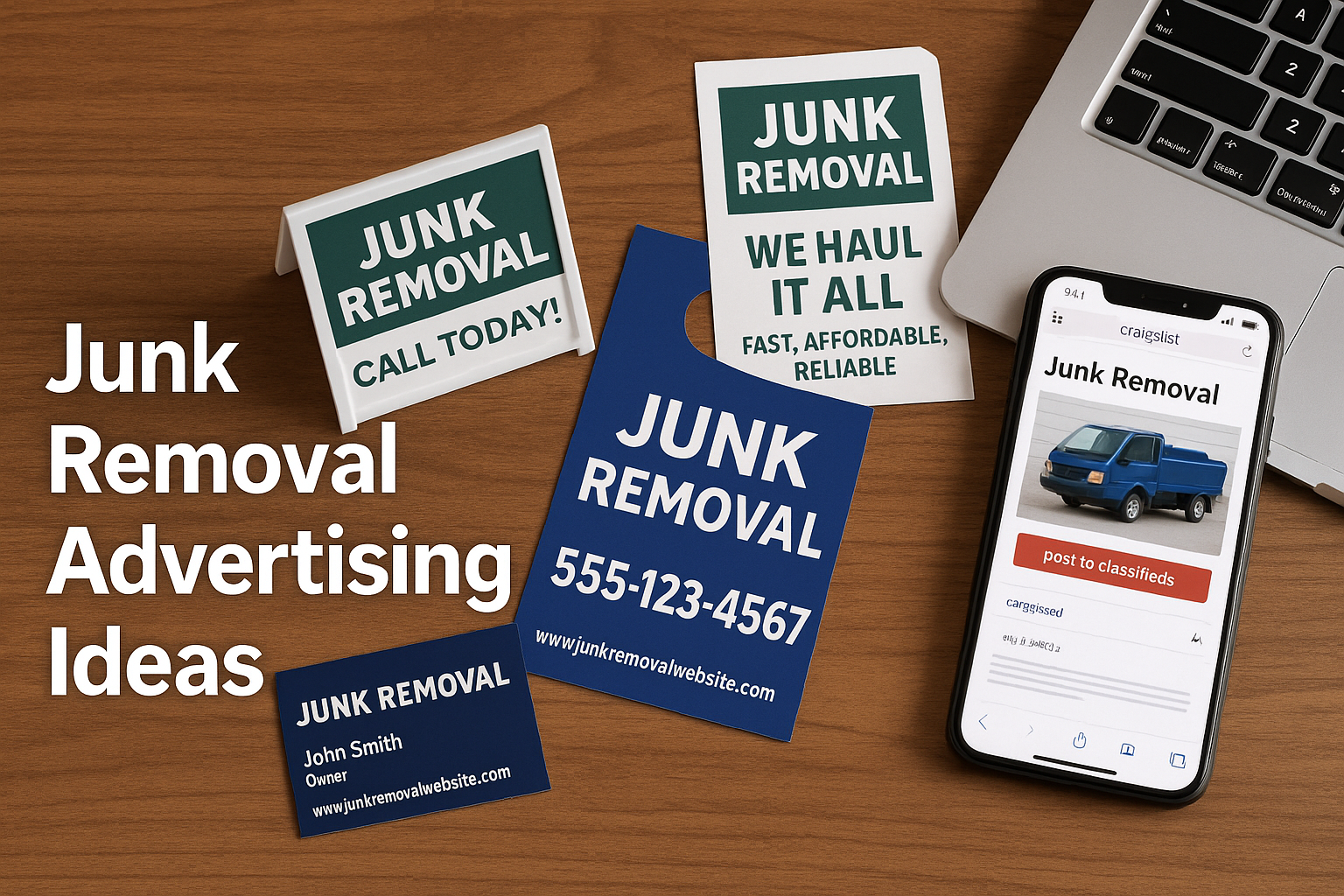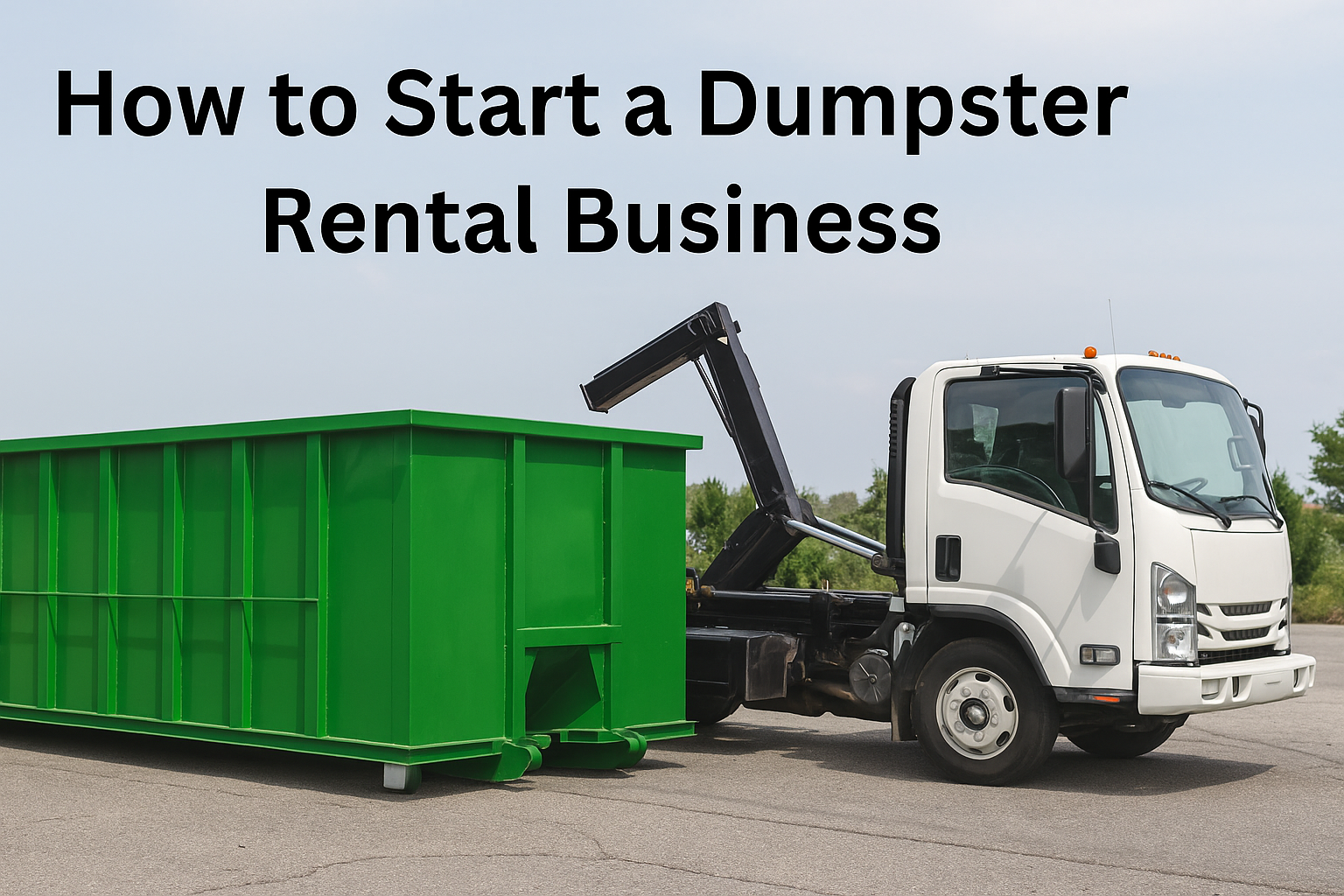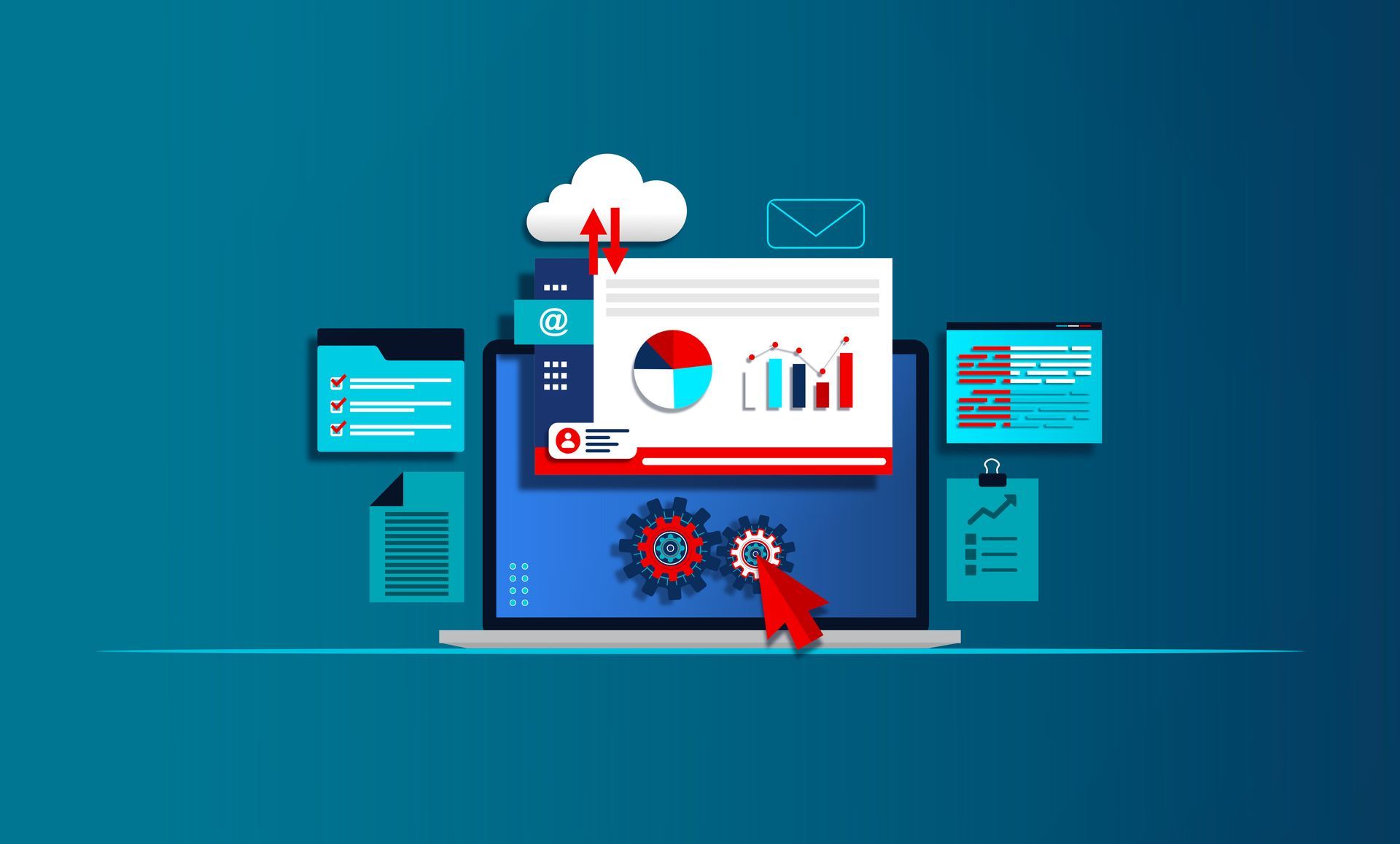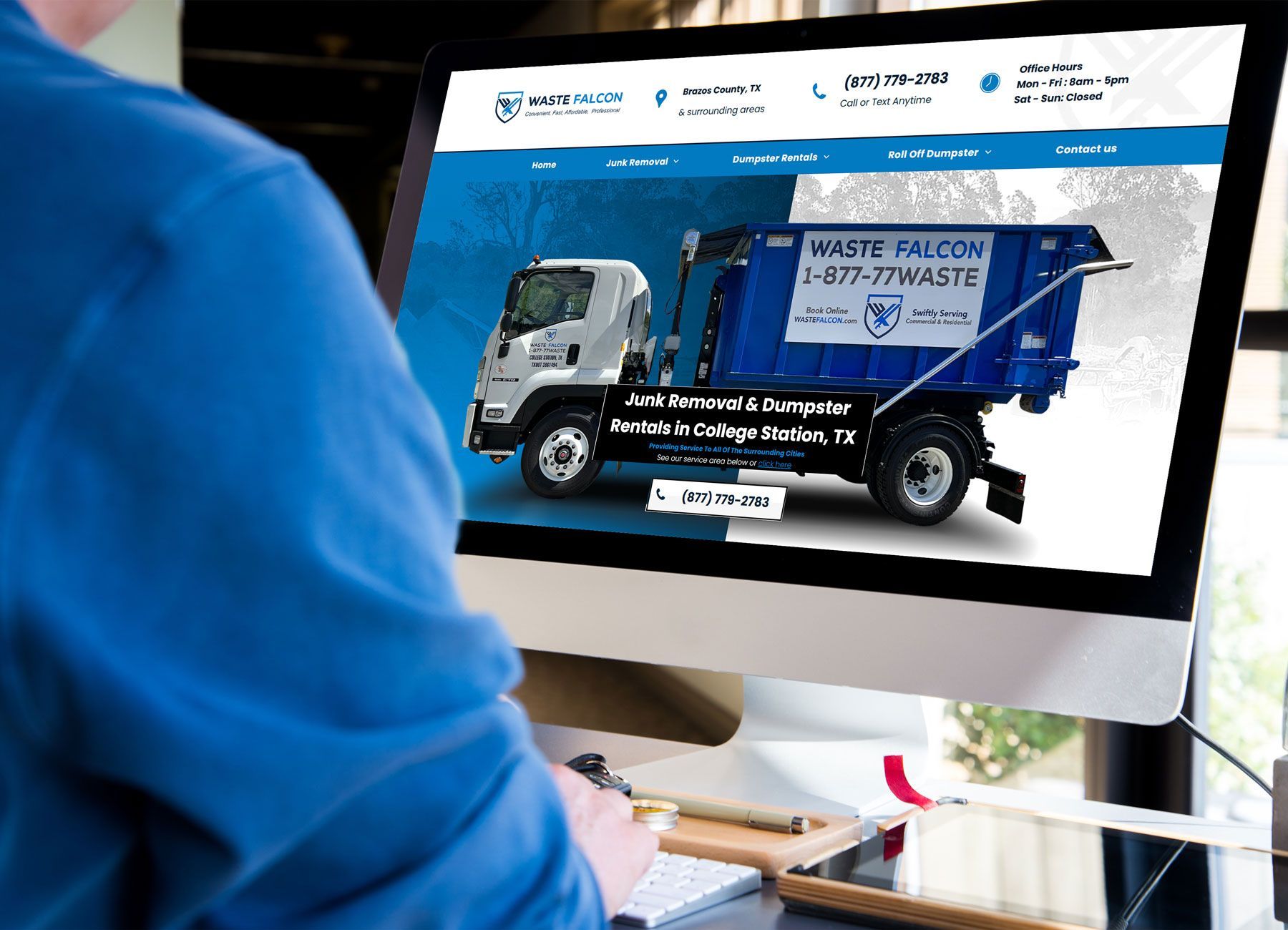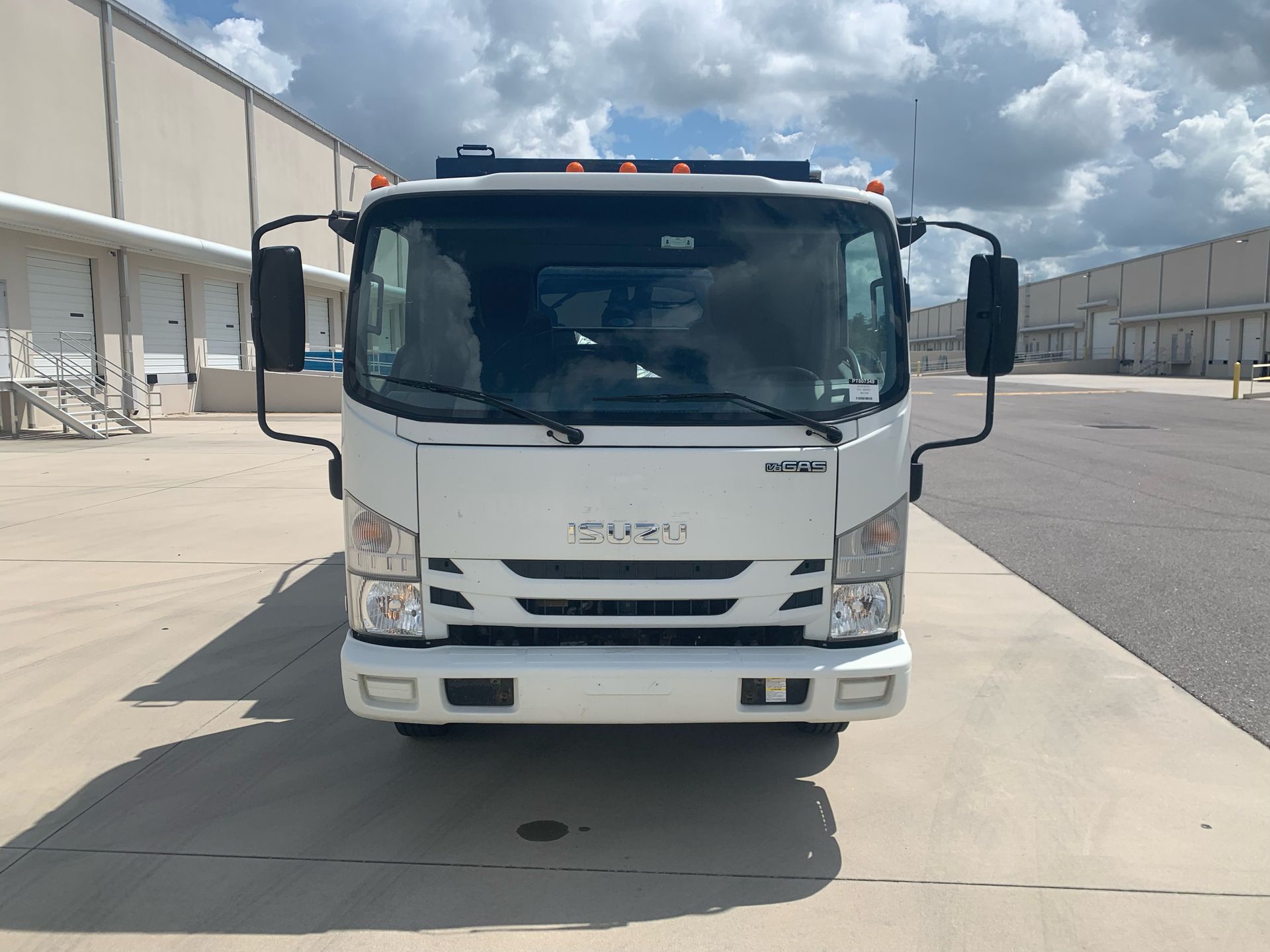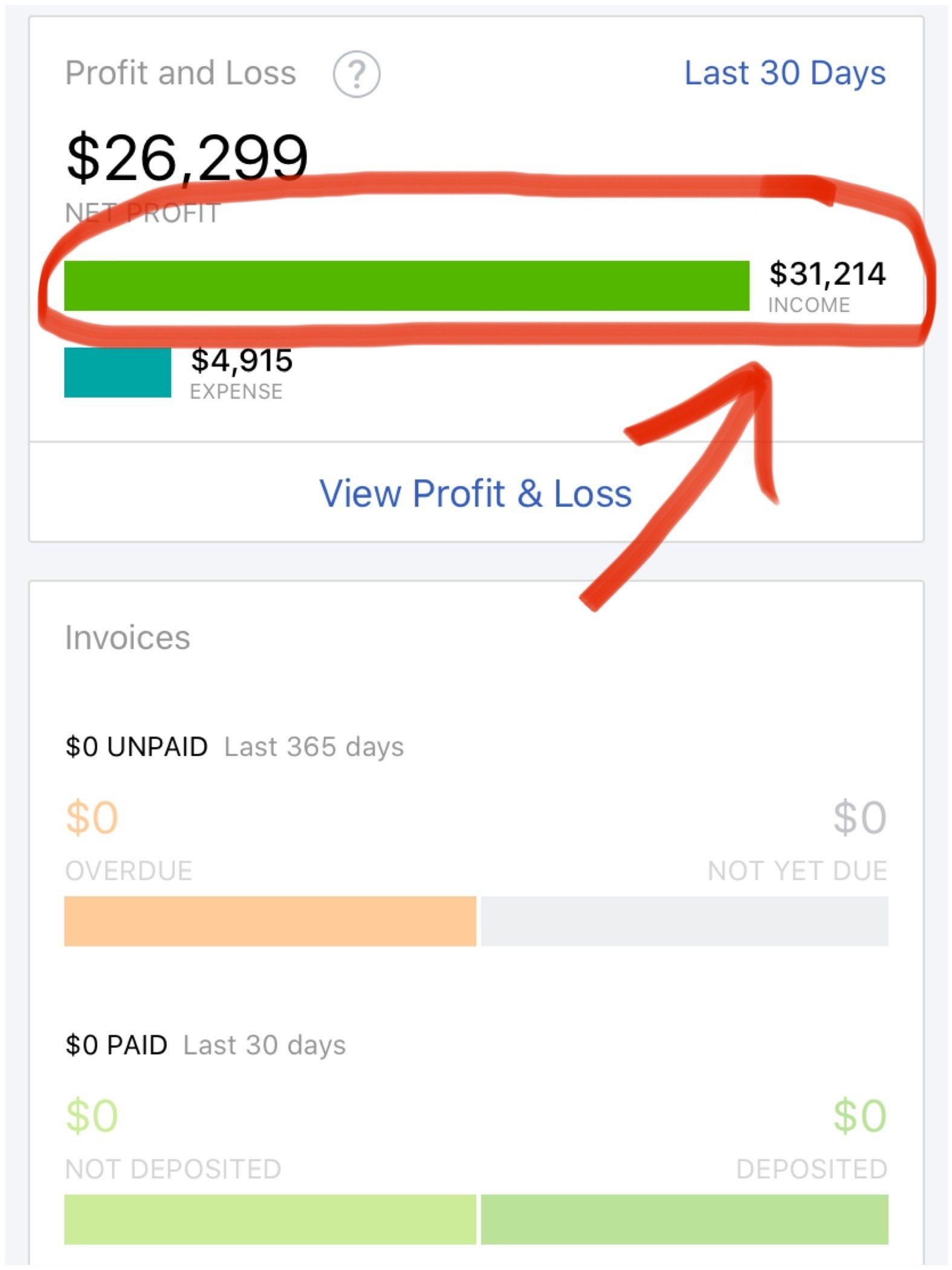How to Start a Junk Removal Business: Step-by-Step Guide
If you've been thinking about launching your own junk removal business, you're in the right place. Whether you’re looking to transition from a 9-to-5 job or want to create an additional revenue stream, junk removal can be a highly profitable and scalable business.
🎥 [Watch the video Below] where I break down every detail from personal experience — from forming a legal entity to buying your first leads and truck setup. This article expands on the steps and strategies discussed in that video.
Why Junk Removal?
Before we dive into the step-by-step process, let’s talk about why junk removal is a great business:
- Low startup costs compared to other service industries
- High demand in residential and commercial sectors
- Scalable operations — grow from one truck to multiple crews
- Quick cash flow once you're operational
Let’s break down exactly how to start.
Step 1: Business Name and Legal Structure
Create a Catchy and Memorable Business Name
Your business name is often the first impression. Here are some tips:
- Keep it short and easy to spell
- Reflect your service (e.g., "junk", "hauling", "cleanout")
- Check for domain name and social media handle availability
- Avoid using local city names if you plan to expand
Examples: Junk Boss, Trash Terminator, Rapid Haul, etc.
Form Your Legal Entity: LLC or Corporation?
Most small junk removal businesses start as an LLC (Limited Liability Company) because:
- It separates personal and business assets
- It’s easier and cheaper to set up than a corporation
- Offers tax flexibility
Visit your state’s Secretary of State website or use platforms like LegalZoom or ZenBusiness to form your LLC.
Step 2: Open a Business Bank Account
Once your LLC is created, get an EIN (Employer Identification Number) from the IRS (it's free) and use it to:
- Open a business checking account
- Apply for a business credit card
- Keep your finances clean and separated from personal accounts
This is essential for taxes and tracking expenses.
Step 3: Licensing and Insurance
Local Business Licenses
Depending on your city or county, you might need:
- General business license
- Waste hauler’s permit
- Environmental or disposal permits
Always check with your local city hall or municipality.
Insurance: Protect Yourself and Your Business
Here are the essential policies:
- General Liability Insurance – Covers injuries and damages
- Commercial Auto Insurance – For your dump truck or trailer
- Workers’ Compensation – If you hire employees
- Inland Marine Coverage – For tools and equipment in transit
Don’t skip insurance — a single incident can ruin your business.
Step 4: Equipment You’ll Need
Basic Tools for Every Job
You don't need a massive budget to get started. Here’s a list of essentials:
- Heavy-duty gloves
- Steel toe boots
- Safety vests and hard hats (for construction sites)
- Broom, dustpan, and shovel
- Hand truck (dolly)
- Tie-down straps and tarps
These are must-haves for safety, efficiency, and professionalism.
Larger Equipment: Truck or Dump Trailer?
You have two main options:
Option 1: Pickup Truck + Dump Trailer
Pros:
- Lower upfront cost
- Easy to upgrade later
- Can detach trailer to use truck independently
Cons:
- Requires space for trailer storage
- Slight learning curve for towing
Option 2: Isuzu NPR Dump Truck
Pros:
- Fully enclosed hydraulic dumping system
- Looks professional
- More payload capacity
Cons:
- Higher upfront cost
- Maintenance may be pricier
Start with what your budget allows — it’s more important to start than to wait for the perfect setup.
Step 5: Marketing Your Junk Removal Business
Buy Leads to Get Started
To get your phone ringing on Day 1, consider buying leads from:
- Yelp Ads – Pay-per-click local exposure
- Angi (formerly Angie’s List) – High-converting leads in your zip code
- Thumbtack – Another popular local service platform
You’ll pay per lead or per click, but it's a fast way to get initial jobs and reviews.
Google PPC: Pay-Per-Click Advertising
Once you have a few jobs and reviews, start running Google Ads:
- Target local keywords like “junk removal near me”
- Use service-area ads (LSAs) for better visibility
- Track conversions to make data-driven decisions
Google Ads offer predictable lead flow once optimized.
SEO: Build Long-Term Organic Traffic
Investing in SEO (Search Engine Optimization) helps you rank in Google search results without paying per click:
- Build a website with service pages for each city
- Add a Google Business Profile and collect reviews
- Blog regularly about topics like “how to dispose of old furniture” or “spring cleanout tips”
SEO takes time but builds a foundation for free leads long-term.
Final Thoughts: Stay Consistent and Professional
Starting a junk removal business isn’t complicated, but it does require effort and consistency. Treat every job like it matters — because it does. Customers will remember great service, clean branding, and punctuality.
📽 Don’t forget to watch the full video above for additional insights, including what I wish I had known before I started!
Quick Checklist
✅ Choose a business name
✅ Form an LLC and get an EIN
✅ Open a business bank account
✅ Get licensed and insured
✅ Buy gloves, tools, and a broom
✅ Invest in a truck or dump trailer
✅ Start with Yelp/Angi leads
✅ Launch Google Ads
✅ Work on SEO for long-term growth
Ready to Start Your Junk Removal Business?
Starting a junk removal company is one of the most straightforward paths to business ownership. With low overhead and high demand, it’s a great option for motivated entrepreneurs.
Still have questions? Drop a comment on the video or reach out — I’m here to help you succeed in this journey.
Need Junk Removal Marketing?
Take Your Junk Removal Business to the NEXT Level!
CUSTOMER RESULTS
Let me show you how to get these results for your junk removal business!

Joseph Martinez

"I just completed a job, through the campaign that was $1700. It paid for my adwords investment and your fee, plus a few more dollars left over! Thanks, Mario!"

